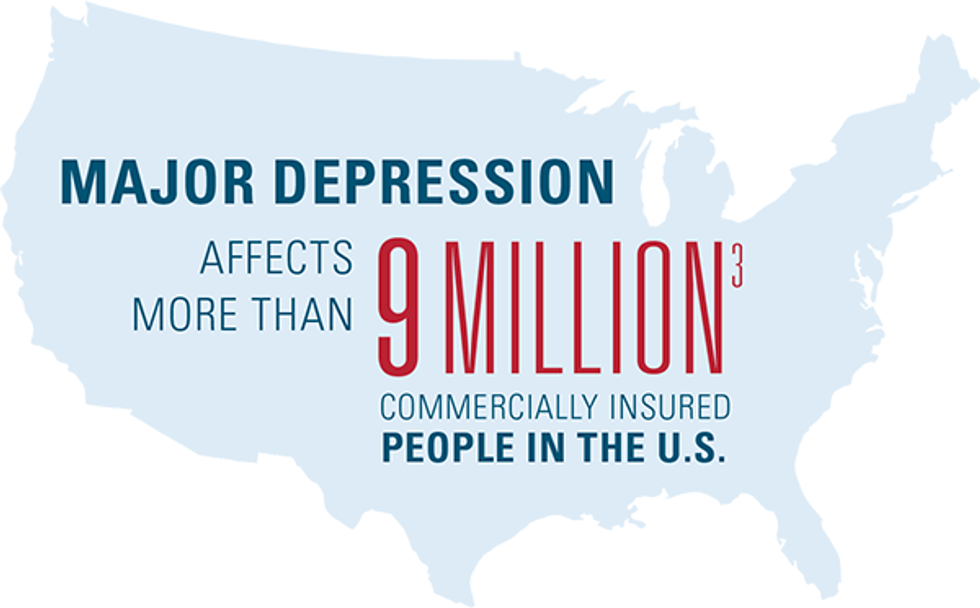14 of the Most Revolutionary Short Films of All Time
It's about time.
Today's society places a ridiculous amount of importance on social media and what we see on our computer screens. Some of these short films you might have seen shared on Facebook. Some of them you may have never even heard of. Whatever the case may be, these productions have used thier position of power in our world today to spread a message. The messages vary from domestic violence, LGBTQ acceptance, self-love, the role of men in society to end the unfair treatment towards women and even the promotion of the furtherence of medical discovery in our country. Regardless of the message, each film advertises something that needs far more screen time than Victoria's Secret Fashion shows or Keeping Up With The Kardashians. Here are 14 of the best and most revolutionary short films to date:




 From the BCBS 2018 Report "Major Depression: The Impact on Overall Health."
From the BCBS 2018 Report "Major Depression: The Impact on Overall Health."






















